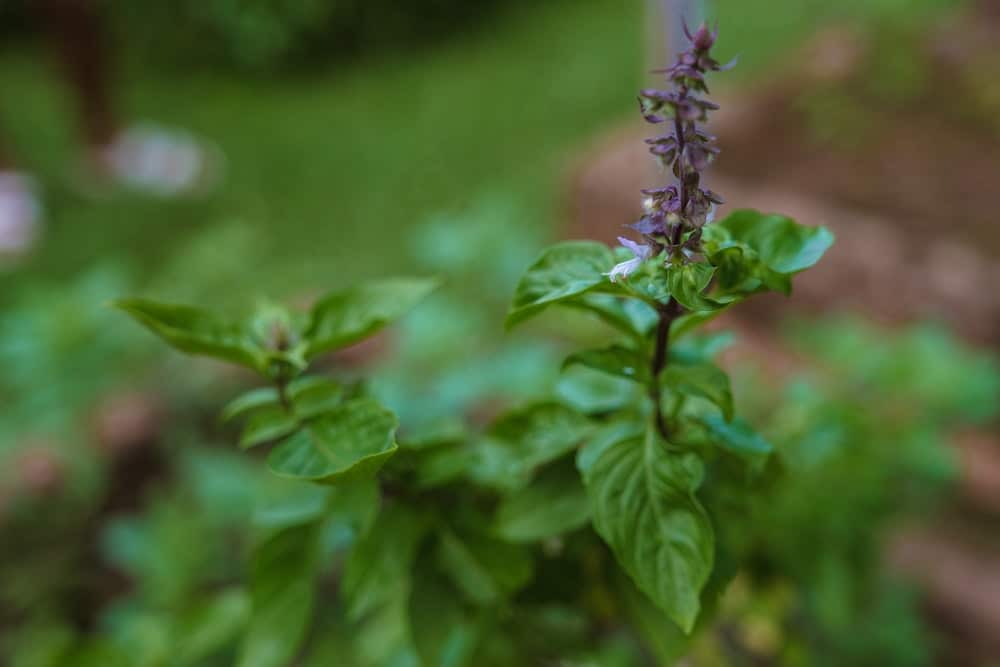How to plan a biodegradable waste management system for a camping week in Cornwall?

When you're planning your next holiday, and Cornwall is your destination of choice, you probably have in mind the wild beauty of the Cornish coast, the prospect of waking up in a cozy sleeping bag, and brewing a cup of coffee over a campfire. The last thing you will want to consider is waste management. However, setting up a biodegradable waste management system while camping isn't just about doing your part to protect the environment. It can also provide a convenient, hassle-free way to deal with the inevitable waste you will produce during your stay. Here's how you can plan a biodegradable waste management system for your upcoming camping week in Cornwall.
Get The Right Gear
Before you leave for your camping trip, it's essential to ensure that you have the correct equipment. It's not just about the tent or the sleeping bag — it's also about buying specific items that will help you manage your waste effectively.
A découvrir également : How to choose the right camping gear for a family camping trip in the Peak District?
The first thing you need to consider is the waste material itself. Biodegradable waste is organic waste that can decompose naturally in the environment. This includes food scraps like fruit peels, coffee grounds, and corn cobs, paper, and other organic materials. Your goal should be to minimize the amount of non-biodegradable waste you produce.
To sort and store your waste, you will need biodegradable bags. These bags are made from plant-based materials like cornstarch and can decompose naturally over time. They are a far cry from the regular plastic bags that can take hundreds of years to break down. Remember to buy bags of different sizes to cater to your different waste needs.
A découvrir également : What are the best off-the-beaten-path campsites in the Lake District for a tranquil experience?
Designate a Waste Area
When you arrive at your campsite, the next important step is to designate a specific area for waste. This shouldn't be too close to where you'll be sleeping or eating to avoid attracting animals or creating unpleasant odors. But it also shouldn't be too far away, as you don't want to waste time and energy making long trips to dispose of your waste.
This area is where you'll store your biodegradable bags filled with waste. If possible, dig a small hole or pit where you can deposit your waste. The waste will then decompose naturally, returning nutrients to the soil. Remember, this action is only appropriate in wild campsites. In designated camping areas, use provided waste disposal facilities.
Enforce A 'Leave No Trace' Policy
One of the best ways to manage your waste while camping is to produce as little as possible. This means adopting a 'Leave No Trace' policy, where you strive to leave the campsite exactly as you found it.
The key to this approach is pre-planning. Before your holiday, plan your meals carefully to minimize waste. For instance, instead of bringing canned beans, why not buy dried beans and soak them overnight? Not only will this reduce your waste, but it will also make your bag lighter.
It's also a good idea to remove any unnecessary packaging before you leave for your trip. Not only will this reduce the amount of waste you produce, but it will also help free up valuable space in your bag.
Composting
Composting is another excellent way to deal with biodegradable waste while camping. It involves breaking down organic waste into nutrient-rich soil, which can provide a valuable resource for the local environment.
To create a compost pile, you need a balance of green waste (like fruit and vegetable scraps) and brown waste (like leaves or paper). You'll also need to turn your compost pile every few days to help speed up the decomposition process.
Just remember, composting is a slow process and may not be suitable for short camping trips. If you're going to be camping for a week or more, however, it can be a worthwhile addition to your waste management system.
Responsible Disposal
Finally, it's essential to dispose of your waste responsibly at the end of your camping trip. If you've created a compost pile, you may be able to leave it behind to continue decomposing naturally. If this isn't an option, you will need to pack up your waste and take it with you.
Many campsites in Cornwall have waste disposal facilities where you can deposit your waste. Alternatively, you could take your waste home with you and dispose of it in your regular rubbish or compost bin.
Planning a biodegradable waste management system for your camping week in Cornwall might sound like a chore, but it doesn't have to be. With the right gear, a designated waste area, a commitment to 'Leave No Trace,' and a bit of composting know-how, you can help keep Cornwall beautiful — and enjoy a more sustainable camping experience.
The Impact of Your Biodegradable Waste Management System
Implementing a biodegradable waste management system during your camping trip in Cornwall can significantly reduce your carbon footprint, making your holiday more eco-friendly. The act of segregating waste, using composting methods, and adopting a 'leave no trace' policy, contribute to the health of the local environment while minimally impacting the natural habitat.
In terms of wild camping, it's crucial to understand the terms and conditions outlined by the Cornwall Council and the National Trust. As a responsible camper, adhering to these regulations ensures that the land remains unpolluted and available for future generations to enjoy.
Moreover, taking the initiative to manage your waste during your camping trip can also save money. The use of reusable camping gear and food items with minimal packaging can reduce your expenses. Additionally, it can also save space in your sleeping bag or sleeping pad, making your camping experience less cumbersome.
This approach to waste management also promotes a sense of responsibility among your camping party. It encourages everyone to be mindful of their actions and the impact they have on the environment. This can create a more harmonious camping experience and foster a greater appreciation for the natural beauty of Cornwall.
Final Thoughts on Planning a Biodegradable Waste Management System
In conclusion, planning a biodegradable waste management system for your camping week in Cornwall may seem like a daunting task at the time of booking. However, it's a necessary and rewarding activity that greatly contributes to preserving the pristine nature of the Cornish coast.
From carefully choosing your camping gear to implementing a 'leave no trace' policy, every action can make a significant difference. It not only aids in reducing your waste but also minimizes your environmental impact. It helps in demonstrating respect for the land and local wildlife, enhancing the overall camping experience.
Remember that the success of this endeavor relies heavily on prior arrangement and adherence to the guidelines of the National Trust and Cornwall Council. This commitment not only benefits you but also ensures that the beauty of Cornwall can be enjoyed by future campers.
In following these guidelines, you can rest assured knowing that you have done your part in minimizing loss and damage to the natural environment, while also creating beautiful memories amidst the wild beauty of Cornwall. Whether you are camping amidst the rugged cliffs of the north coast or the sandy beaches of the south, recognizing the importance of managing your waste effectively is crucial in sustaining these natural wonders for years to come.
